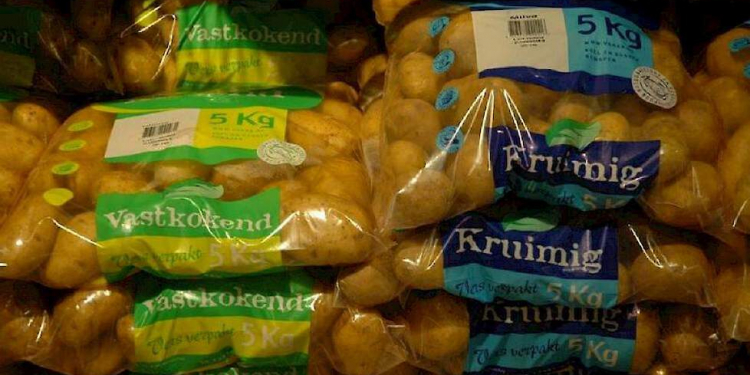Last year, a growing group of consumers chose food with a sustainability characteristic, while the range of these products also increased. Consumers spent 7.7 billion euros on such food products, 18 percent more than in 2018.
Due to the increase, the market share of sustainably produced food rose to 14 percent of total food expenditure in the Netherlands. This is evident from the annual Sustainable Food Monitor that Minister Schouten sent to the Lower House.
Sustainable food is defined in the Sustainable Food Monitor as food in which the environment, animal welfare and / or social aspects are taken into account during production and processing more than required by law.
Six times higher turnover
In 2019, almost all product groups with a sustainability characteristic showed a net growth. The ‘On The Way to PlanetProof’ quality mark has recently been introduced for many products such as dairy, potatoes, vegetables and fruit and eggs. The addition of these new products resulted in a turnover that is six times higher in 2019 than in 2018, from 87 to 617 million euros.
Schouten calls the growth in her letter to the House a positive development. “In addition to producers and chain parties, consumers also play a role in circular agriculture.” She then emphasizes in her letter that products with a sustainability label are not necessarily completely sustainable. “For example, certification organizations make a trade-off between lower sustainability requirements that many producers can meet or very high sustainability requirements that a smaller proportion of producers can meet.”
Arable farming and fruit: PlanetProof no added value
Arable farming, represented in the LTO department, and the fruit growers organization NFO have recently decided to leave PlanetProof’s cultivation-technical working group. The main reason for this is the fact that there is nothing left at the bottom of the line for the growers. Furthermore, the certificate is increasingly seen as a ‘license to produce’. In practice, the PlanetProof certification means an increased burden for arable farmers. The burdens for growers include the costs of certification and periodic inspections. In addition, the range of resources for the grower is limited and he has to carry out activities on the farm that contribute to sustainability. The PlanetProof bar is also getting higher and higher. The grower remains unsure what additional requirements and costs will be added in the future.
Within the Nedato table potato pool, the potatoes grown under the conditions of PlanetProof, however, yielded 3 cents per kg more . A reward for the extra efforts of the growers is therefore indeed possible, says Wim van de Ree of the southern growers’ cooperative.
www.akkerwijzer.nl PlanetProof’s cultivation-technical working group





